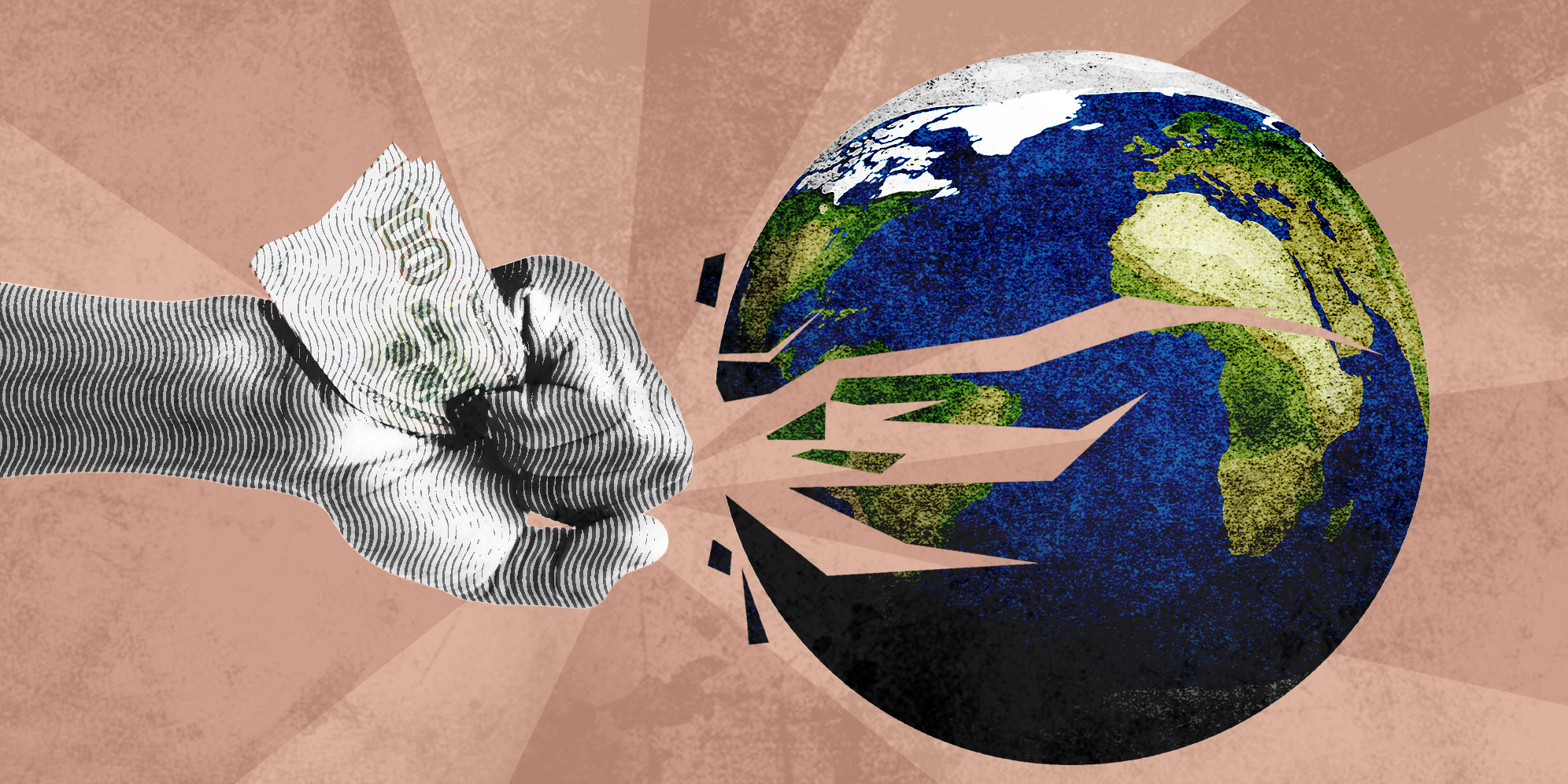On Friday night in the White House, two bullies verbally beat up a man who is under attack from a third bully.
This follows a pattern set by US President Donald Trump and his sycophants: they are trying to demolish the rules of the world order.
While rules are often problematic and contested, they exist to constrain the strong. Without them, militarily mighty and economically powerful nations will simply bully their way over other countries.
Those richer countries, unless they show self-restraint, will get richer, while poorer countries get poorer.
This is one of the reasons Elon Musk and others are trying their utmost to damage the US federal government so quickly. The aim is to create a situation in which no one can prevent the ultra-rich from abusing everyone else.
Speed matters here — if they can cause enough chaos in federal agencies, it will take a long time to repair them and the rich will be able to make more money for longer.
Both in international affairs and in domestic affairs, Trump’s agenda can be seen through this prism, as a simple attempt to remove all constraints to more power and more money, and to create a situation in which this will last for a long time.
The implications are frightening.
It will lead to more wars, more conflict, more suffering and crucially, more inequality.
This matters, because inequality often leads to violent conflicts and it is not in the longer-term interests of the rich to allow this to happen.
Unfortunately, there are portents of this process in South Africa.
While we have been defined by racialised inequality for generations, in the years since Covid-19 this inequality has deepened significantly.
A weak state
One of the major reasons for this is that the state is so much weaker.
For example, while children in independent schools receive a quality of education either untouched or improved since 2019, provincial education departments have fewer teachers than before.
This pattern is replicated in many places and even government health services have declined further.
Nowhere is this more obvious than in the rule of law.
Incidents of violence have exploded since the end of the hard lockdowns, and life for many people is more dangerous than it once was.
Those who have assets will pay security companies to protect them. In turn, the security companies will employ people who use violence to do this. When someone is caught in a client’s property, they may not go to the police, but simply beat them up.
This would not happen in a country where the rule of law and the police were effective.
The rich use their money to protect their property and to provide punitive measures if it is threatened.
Something similar is happening in the way some companies are surging ahead of their competitors.
SA Airways (SAA) was unable to keep its pilots in proper training during the pandemic because it could not maintain their hours, while FlySafair could. As a result of that (and other factors involving government and the SAA’s history), FlySafair is in a dominant position in that market.
SAA will be lucky to come close to challenging it.
So too, Checkers with its Sixty60 delivery service. Because it had capital at the start of the pandemic, it was able to immediately ramp up its product and achieve a dominant position.
At the same time, the lack of a capable state or a dominant political party is freeing up space for other actors, which is why AfriForum and Solidarity hold the public agenda in the way they do now.
This would not be happening if the ANC were still the dominant force in our society.
Despite this, there are predictions that if the current restructuring continues, SA’s economy could grow by more than 2% next year.
If that were to move to 3% it would see an increase in GDP/capita, which would reverse the trend of the last decade.
The problem is that this will mirror the situation in the US.
Advocates of the US approach will point to the fact that in 2008 the EU economy was slightly larger than that of the US, but by 2022 the US economy was one-third larger than that of the EU.
However, that was defined by inequality, which led to the rise of populism and the election of Trump.
Disaster is coming for Gaza, Ukraine and parts of the world where poorer people are vulnerable to richer people.
It will mirror what is happening in South Africa. DM





